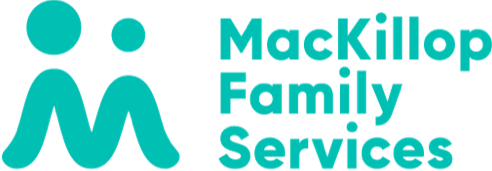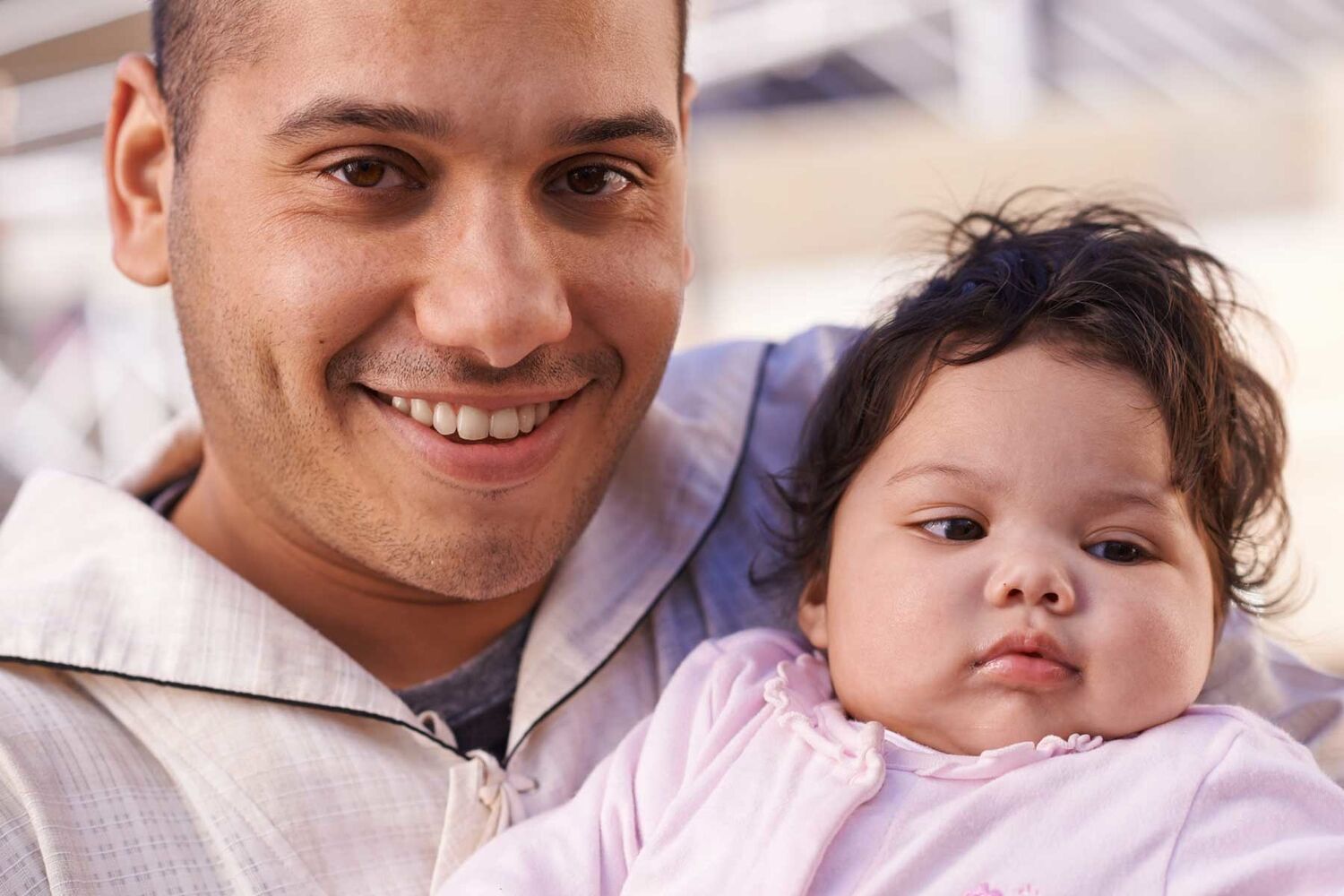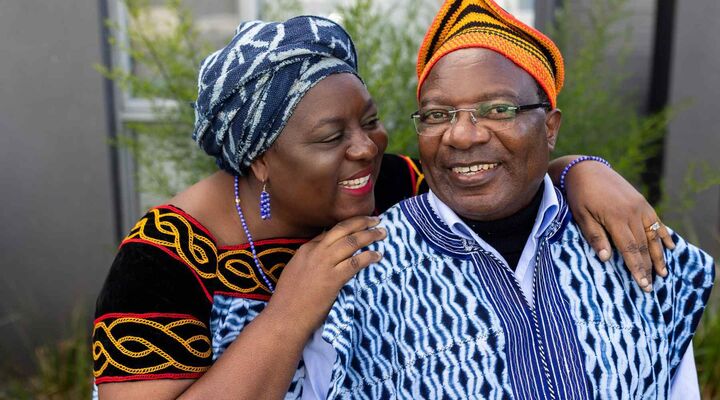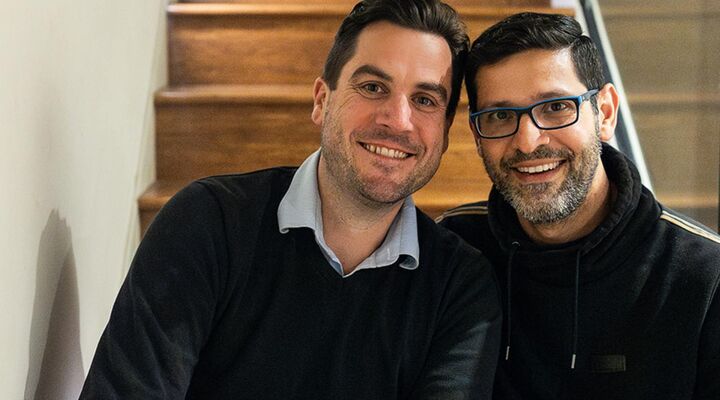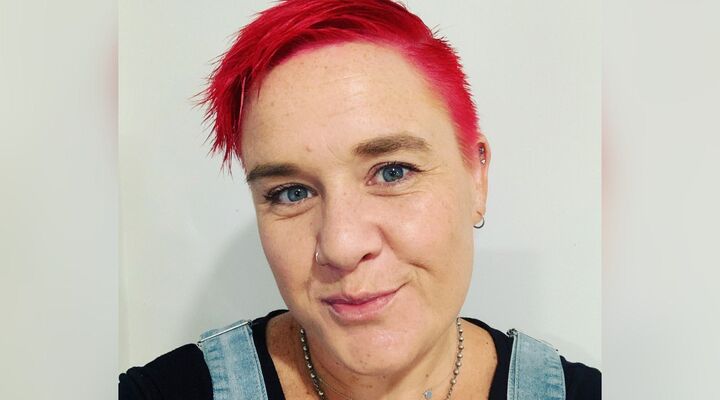Foster carers come from many different backgrounds and family types.
Many different people can become foster carers.
As a foster carer you can:
- be single or have a partner
- have children of their own or not
- own or rent their home
- work, stay at home, study or be retired
- be from any culture or religion or sexual orientation
However, there are some compulsory requirements to be a foster carer. You must:
- be an Australian citizen or a permanent resident
- be at least 21 years old
- have a spare bedroom in your home for a child
- have current police and Working With Children Checks (we will help you obtain these)
- complete a health check, referee checks, and home and environment checks (we will help you with these checks)
- complete training and be accredited or authorised (we provide training and help you with accreditation and authorisation)
Most importantly, our carers all share the desire to provide a safe and nurturing environment for children and young people in need. They understand that each child or young person has different needs. They are compassionate and resilient. And a good sense of humour helps.
Take the first step to becoming a foster carer today.
Frequently asked questions about foster care
Do I need to have a spare bedroom?
Yes. It’s important that children coming into a foster carer’s home have their own space. We require carers to have one spare bedroom that has a window and door. The only exception to this is when caring for babies under the age of 18 months.
Can I apply to foster babies but not older children?
Yes, however there needs to be a full time carer at home with the baby. This is important because babies have already experienced the trauma of separation from their family, so placing them in childcare is not in their best interest.
I’m only interested in adoption or permanent care. Is this an option?
This depends on whether you’re located in Victoria, NSW or WA as the legislation varies between states.
In Victoria, foster care is geared towards reuniting children with their birth families. If you’re interested in adoption or permanent care in Victoria you’re best to contact Fostering Connections on 1800 013 088 to ask about agencies which provide permanent care options.
Foster care in WA operates very similar to how it does in Victoria. If you’re interested in adoption or permanent care, please contact the Department of Child Protection (DCP) on 1800 182 178. There are options for permanent care or guardianship in NSW with MacKillop. Please enquire online or call us on 1300 791 677 to find out more.
What training do I have to do?
If you have a partner, both of you will need to complete training with MacKillop. This involves two full days of classroom hours.
What happens after training?
Training is followed by an assessment period where MacKillop staff come to your home to discuss a series of topics to determine if you are suitable to provide care to vulnerable children and young people. The assessment phase usually entails 3-5 interviews in your home.
I’m interested in foster care but I’m single and work full time?
Whether you’re in a relationship or single is not important. Whether you can provide a safe and loving home is the most important thing. Working full time is not a barrier to becoming a foster carer, however some flexibility with your work is required.
I am a member of the LGBTIQA+ community. Can I be a foster carer?
Yes. We welcome lesbian, gay, bisexual, trans, gender diverse and intersex people at our services. Children in care may also identify as LGBTIQA+ and require carers who are understanding, accepting and nurturing of their identity.
